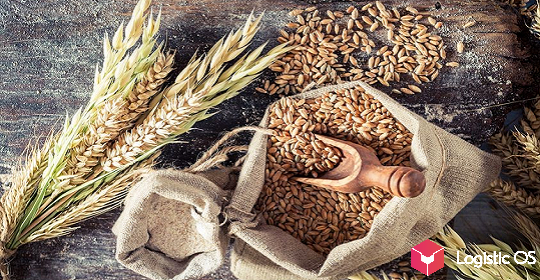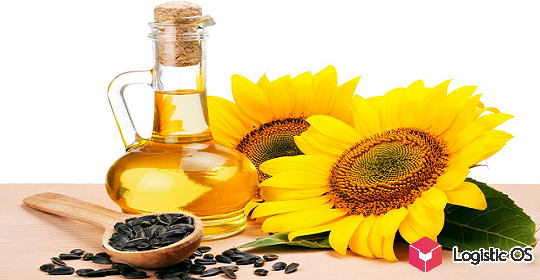Then 135.5 million tons of grain were harvested, now, according to the Ministry of Agriculture of the Russian Federation — 147.5 million tons.
Moreover, in a number of regions, harvesting has not yet been fully completed, and therefore there is hope to still raise the record to 150 million tons.
Of this volume, about 2/3 is wheat (100 million tons). 2 million tons are rye, 28 million tons are oilseeds.
Good situation with vegetables.
For example, potatoes were harvested 18% more than last year. For other vegetables (onions, carrots, beets, cabbage), there is also a return to the level of 2020, compared with which 2021 was a poor harvest.
Where to store the harvest is a question
Successes in the fields far outstrip those in infrastructure for crop storage.
Theoretically, everything converges: 150 million tons have been harvested — and the country has just the same amount of grain storage capacity.
But only many of these capacities are not suitable for long-term storage, but are used rather as temporary holding points.
Silos, where, in particular, the necessary ventilation is maintained, account for no more than a third, that is, 50 million tons.
In this regard, there is a threat of losing part of the crop due to improper storage, and this part can be quite significant.
Export is the only salvation
In such a situation, selling grain abroad as much as possible is practically the only way to save it.
In addition, 80 million tons would be enough for Russia for self-sufficiency, so the surplus simply will not be in demand.
But there are also a number of problems with exports, as sanctions have affected several sensitive issues:
charter of foreign ships
entry of Russian ships into foreign ports
conducting transactions (many transfers can be blocked due to restrictions imposed on the banking sector in Russia)
Prices are falling — farmers are dissatisfied
The current situation provokes a drop in grain prices within Russia to the level of 2018.
Everything would be fine, but at the same time, producers’ costs have increased by 25% since last year alone.
If nothing is changed, then their profitability may fall below zero — which means that it will not be necessary to hope that this year’s harvest record will be broken for a long time.
To save the situation, the Ministry of Agriculture plans, in particular, to carry out interventions: to purchase 3 million tons of grain at low prices.
The point is small — to figure out how to «attach» the remaining millions of tons.

